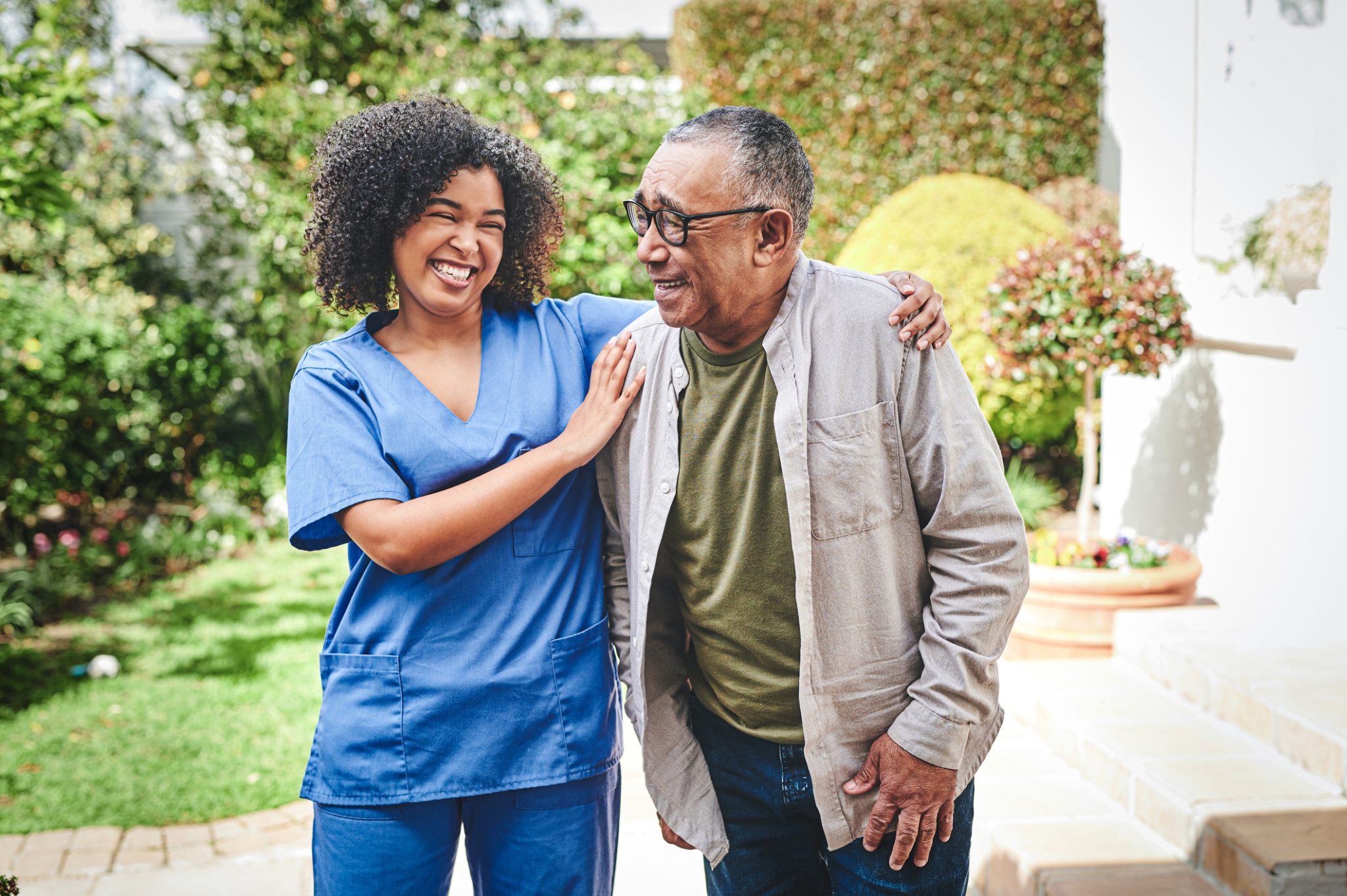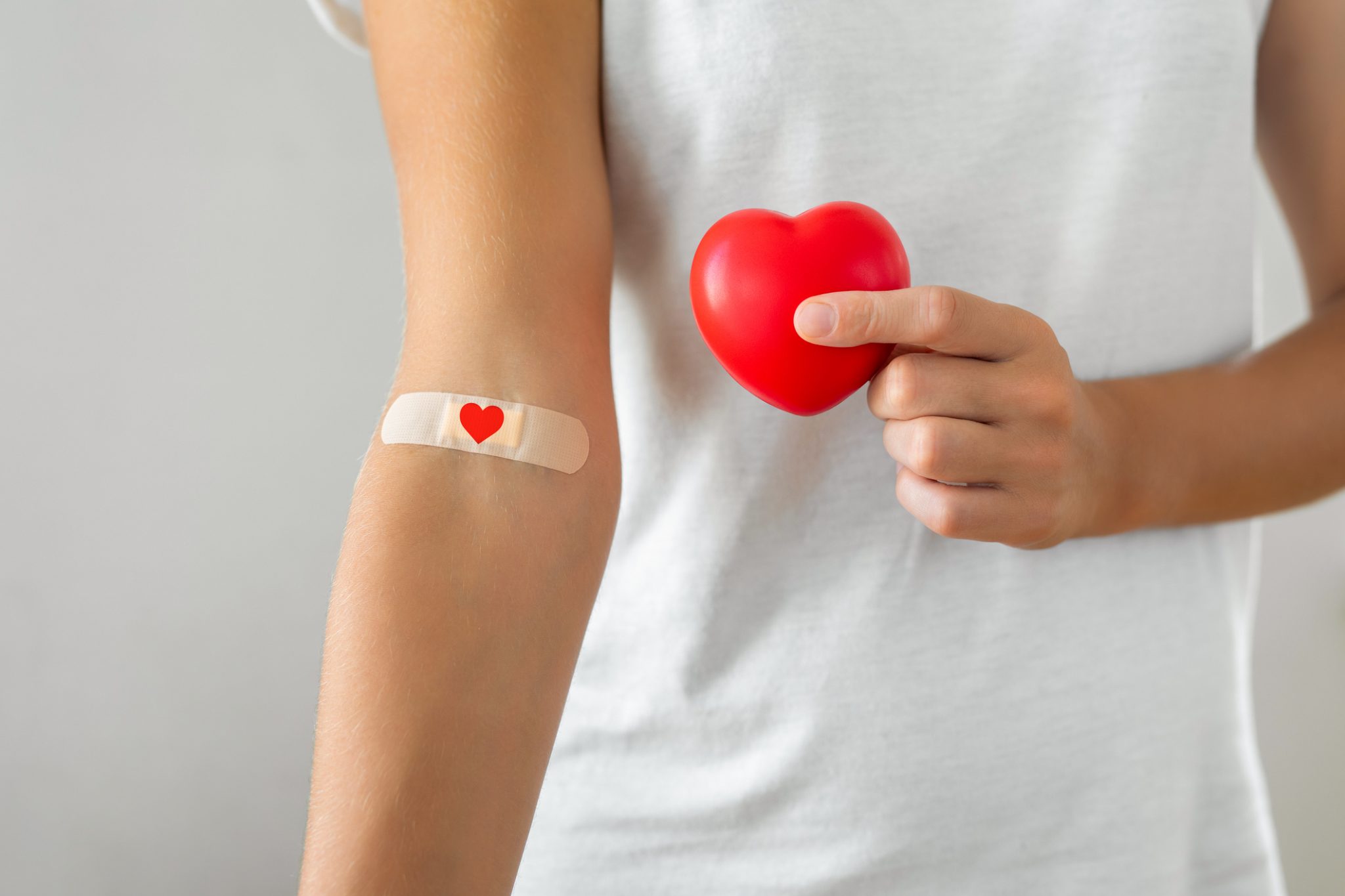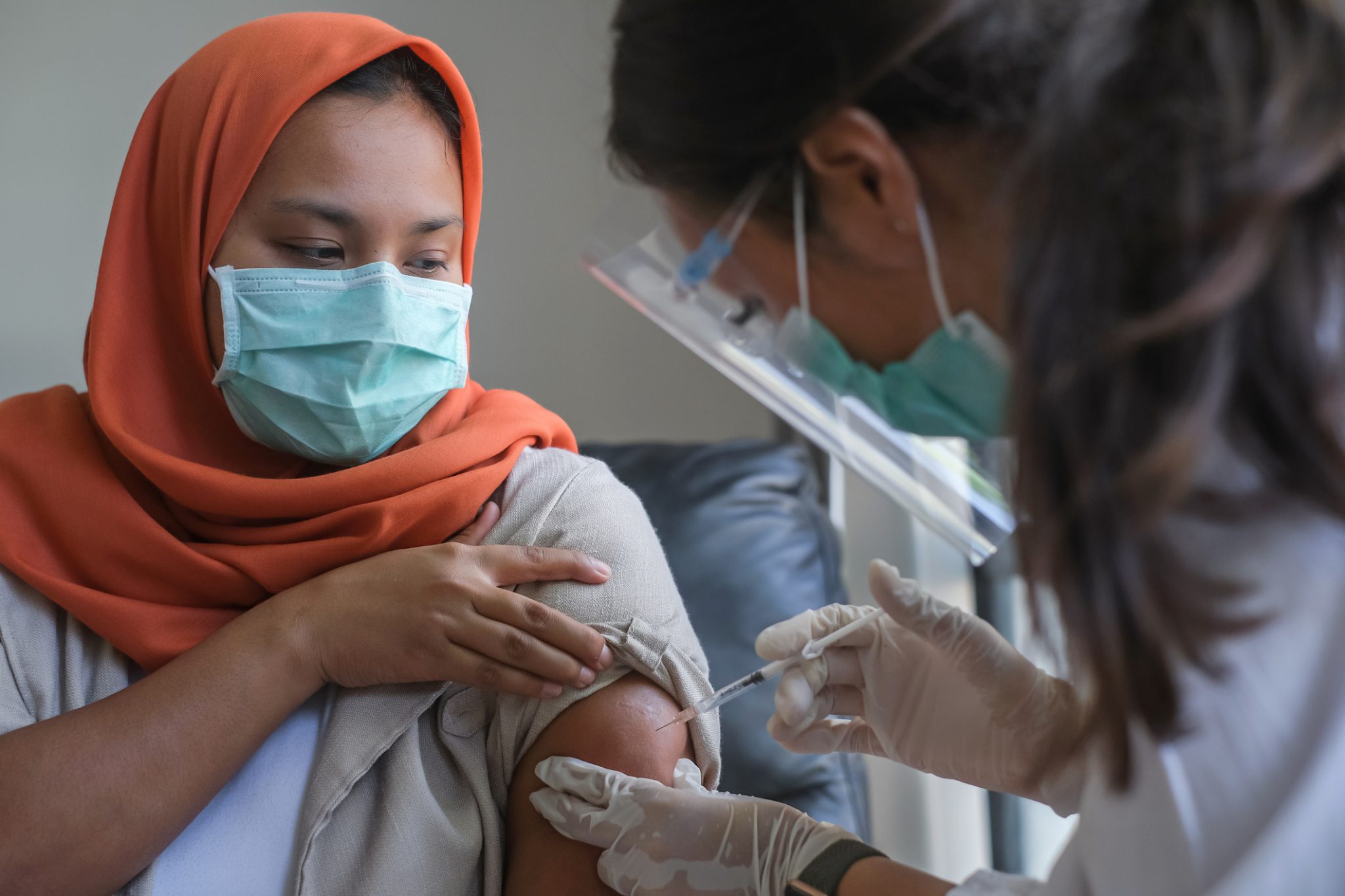Caring for All: National Minority Health Month
APR 30, 2023Providing information in a person’s chosen language is just one way we can help improve the health of people in ...
Read More
If you think human trafficking only happens in big cities or scary neighborhoods, the sad truth is you are wrong. Human trafficking happens in every country in the world, here in the United States, and in communities large and small.
CHI Health is committed to preventing and responding to all forms of violence, including human trafficking. The CHI Health Forensic Nurse Examiner (FNE) Program – nurses specially trained in crisis intervention – has treated 45 victims of human trafficking in the last five years.
CHI Health is also committed to educating the public about human trafficking. So what exactly is it? The National Human Trafficking Hotline defines it as “the business of stealing freedom for profit.”
It involves the use of force, fraud or coercion to compel a person into commercial sex acts or labor/services against their will, according to U.S. law. If a minor is induced into commercial sex, there does not need to be force, fraud, or coercion for it to be legally considered human trafficking.
This complex and devastating crime is often misunderstood by the public. The National Human Trafficking Hotline dispels many myths, including the following:
Reality: Most human traffickers use psychological means such as tricking, defrauding, manipulating, or threatening victims into providing commercial sex or exploitative labor.
Worldwide, experts believe there are more situations of labor trafficking than of sex trafficking. However, there is much wider awareness of sex trafficking in the United States than of labor trafficking.
Reality: Human trafficking cases have been reported and prosecuted in industries including restaurants, cleaning services, construction, factories, and more.
Reality: One study estimates that as many as half of sex trafficking victims and survivors are male. Advocates believe that percentage may be even higher but that male victims are far less likely to be identified. LGBTQ boys and young men are seen as particularly vulnerable to trafficking.
Reality: Many survivors have been trafficked by romantic partners, including spouses, and by family members, including parents.
We can all help turn the tide against human trafficking by learning to recognize the signs. The U.S. Department of Homeland Security identified these common indicators:
Everyone has a role to play in the fighting human trafficking. Call the National Human Trafficking Hotline 24/7 at 1-888-373-7888 or text them at 233733 if you suspect someone is being human trafficking or is a human trafficker. All reports are confidential and you may remain anonymous.
References:
https://humantraffickinghotline.org/what-human-trafficking/myths-misconceptions
https://www.dhs.gov/blue-campaign/indicators-human-trafficking
Originally Published: January 2022. Updated: July 2022.

Providing information in a person’s chosen language is just one way we can help improve the health of people in ...
Read More
When’s the last time you helped save three lives? Donating one pint of blood can do just that. It’s hard ...
Read More
Preventive screenings such as mammograms, Pap smears and colonoscopies are an essential aspect of health care because they help detect ...
Read MoreWhen you need local health information from a trusted source, turn to the CHI Health Better You eNewsletter.